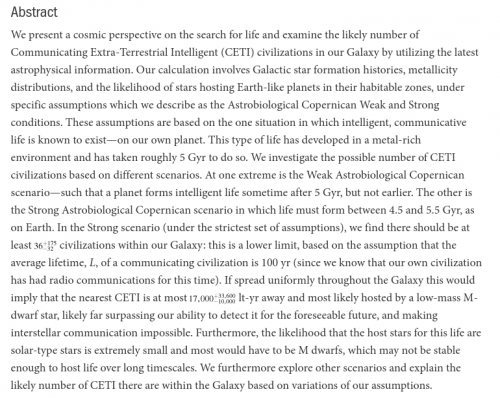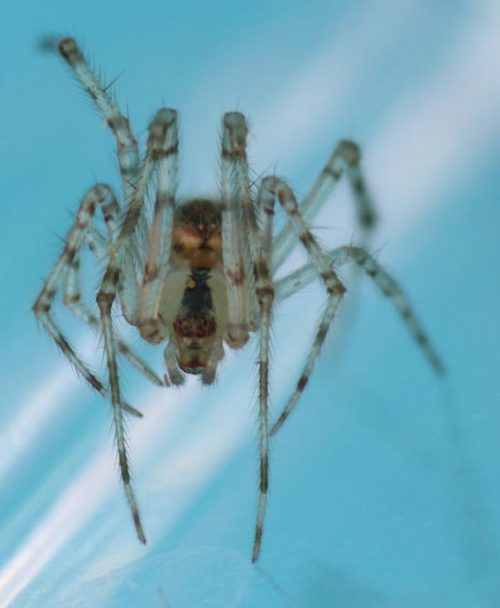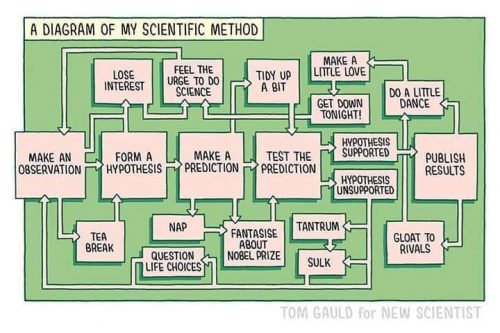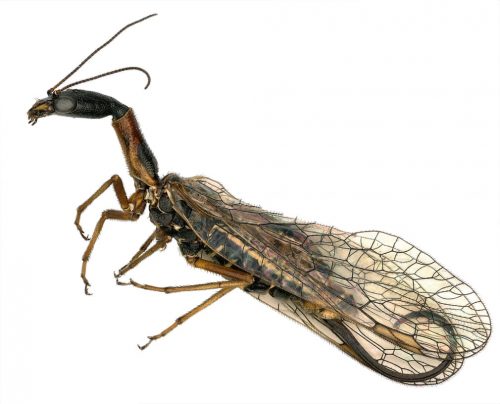Mary and I are getting off our butts and committing to some regional day trips with the intent of doing some spider hunting, but also to get some exercise, take some pictures, explore glorious locations, and have some fun. Today, our goal is the UMM Ecostation.
Because we’re bad at planning, we don’t expect sun-dappled lakes, prairie grasses standing tall, and glorious webs of diverse spiders everywhere — we’re leaving on a day with predicted thunderstorms all day long. Also, the Ecostation is a plot of land donated to the university about an hour NNE of us, with grand plans to construct classrooms and research labs there in the future, but none of that has happened yet. So we’re visiting an undeveloped tract of 140 acres of Wild Minnesota to wander around in the rain on a thundery day, looking for spiders who will be sensibly hiding out of the wet. It’s going to be more of a scouting trip than a great day of arachnology, but that’s OK. The way the weather has been lately, we might have to wait for August to see sunshine again, and even then it’s uncertain.
Both of us are products of the Pacific Northwest, so a little rain leaves us undaunted. The spiders might know better. We might also be surprised, which is usually good.










